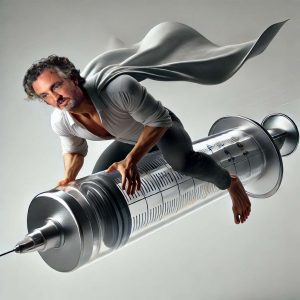Unmasking the Myth of Elon Musk
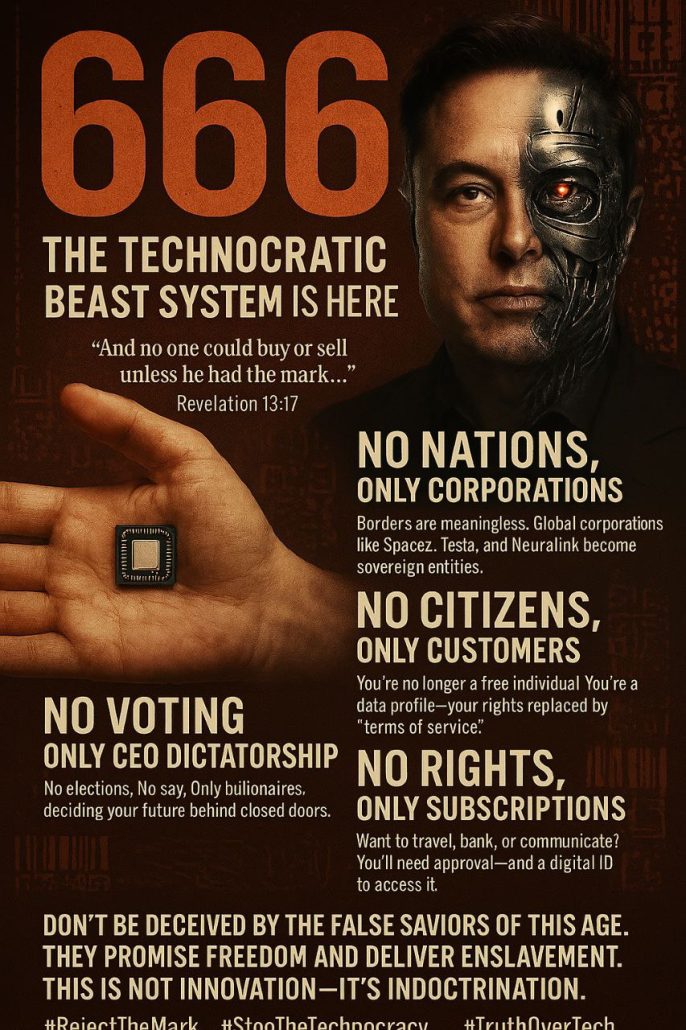
- Elon Musk Never Worked at a Company Called PayPal
Elon Musk did not create PayPal as it is commonly understood. He co-founded an online financial company called X.com in 1999, which merged with Confinity—a company co-founded by Max Levchin and Peter Thiel. Confinity had developed a money-transfer service that eventually became PayPal. After internal conflicts, Musk was ousted as CEO of X.com before it rebranded as PayPal. When PayPal was sold to eBay in 2002, Musk still held shares, which earned him a sizable profit. But he was not the architect behind PayPal’s core technology or strategy.
- Elon Musk Did Not Found Tesla
Tesla Motors was founded in 2003 by Martin Eberhard and Marc Tarpenning. Elon Musk joined the company later as an investor during the Series A funding round in 2004. He became chairman of the board and used his influence—and wealth—to eventually push the original founders out. Musk’s role in Tesla’s origin has been heavily marketed, but legally and historically, he is not one of the true founders. He fought for and obtained the title of “co-founder” through legal settlement.
- SpaceX: A Gateway to Government Contracts and Satellite Monopoly
Musk’s creation of SpaceX was not just about space exploration. A major goal was to win military and government contracts—and SpaceX has done just that. From NASA launches to U.S. Department of Defense payloads, SpaceX has grown into a dominant player in aerospace. Simultaneously, Starlink, the satellite internet system, is rapidly establishing a global monopoly over low-orbit internet access—a tool with massive implications for surveillance, communication, and control.
- The Hyperloop: Another Broken Promise
Musk popularized the concept of the Hyperloop in 2013, but never committed to building it himself. Instead, he encouraged other companies to develop it while hyping it in the media. Over time, the idea faded into obscurity, with most Hyperloop ventures either stalled or failed. Musk even proposed a tunnel-based car transit system (The Boring Company) that completely deviated from the original Hyperloop concept—reducing it to nothing more than Tesla cars in narrow tunnels.
- Musk’s Messaging: Doom and Gloom
Musk frequently paints a bleak picture of humanity’s future—warning about AI doomsday, population collapse, and global catastrophe. While these concerns may have merit, they serve a purpose: to justify extreme solutions that place more power in the hands of corporations—especially his own.
The Bigger Picture: A Technocratic Future
Musk’s actions and ventures point toward a new world order—one shaped not by democratic nations, but by powerful tech corporations:
No nations, only corporate states
Traditional governments are being replaced by global corporations that act like sovereign entities, setting their own rules and standards.
No citizens, only customers
In this model, you aren’t a citizen with inherent rights—you’re a user, a subscriber, or a consumer subject to terms of service.
No voting, only CEO/dictators
Decisions are not made democratically—they’re made by unelected technocrats and corporate boards.
No rights, only services
Your access to communication, mobility, finance, and even health care could become contingent on your compliance with corporate policies. Everything is pay-to-play.
Conclusion: Don’t Be Like Elon
Elon Musk is not a visionary savior—he’s a skillful marketer, a corporate monopolist, and, to many, a con-man. He takes credit for others’ innovations, sells grand visions while abandoning failed promises, and positions himself as the central figure in a dystopian future.
Don’t idolize him. Don’t emulate him. Question everything.(In my opinion) Elon Musk is nothing more than a mascot in the Cult of Personality, placed as a distraction for the masses, to sell them consent for their own technological enslavement and be a “likable face” for the military industrial complex.
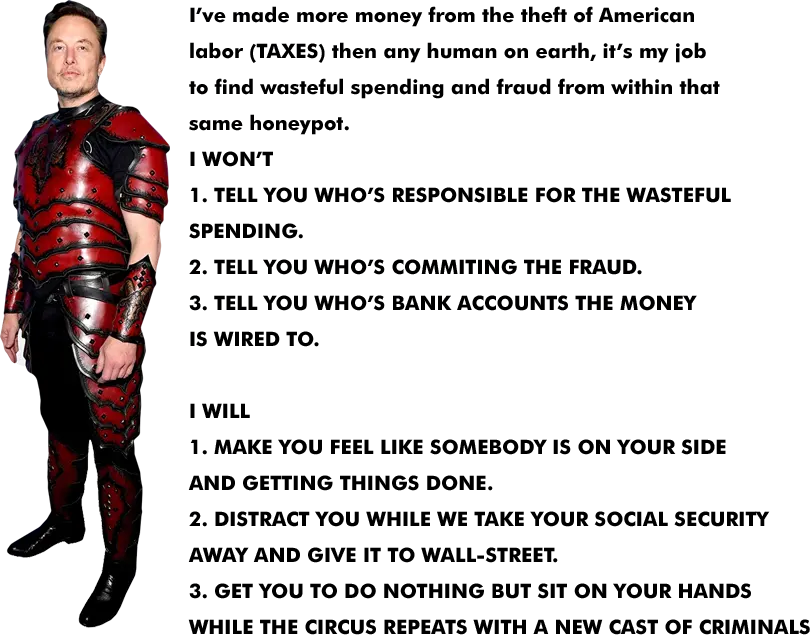
When this is your Mother…
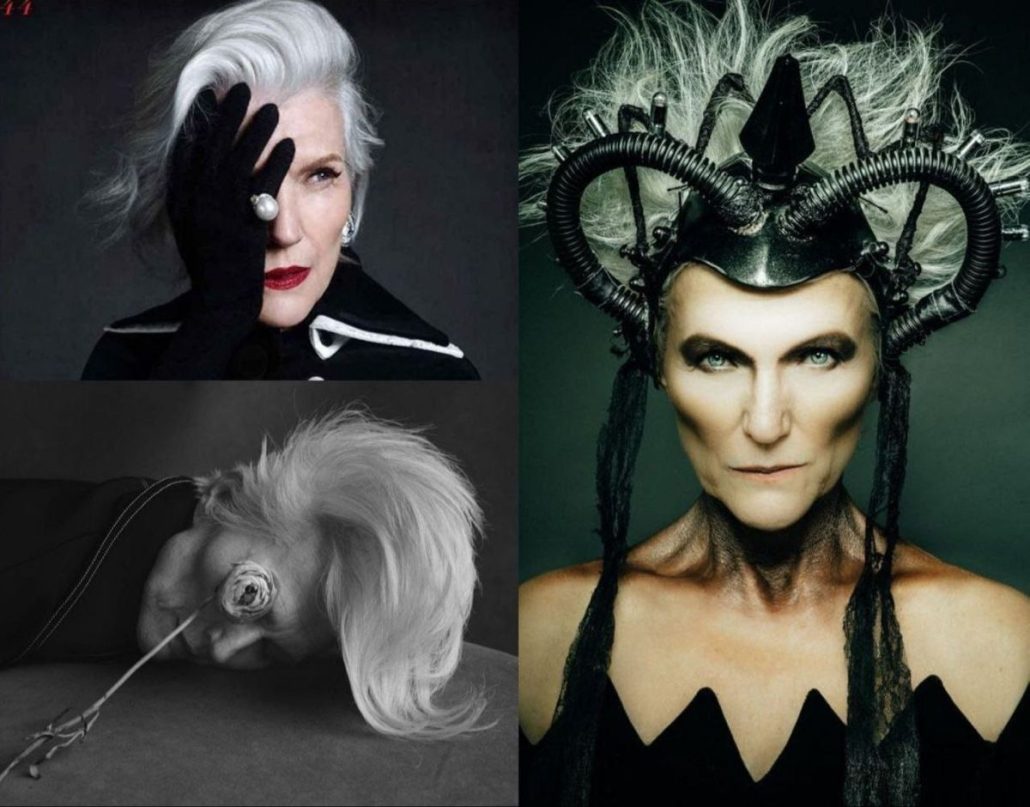

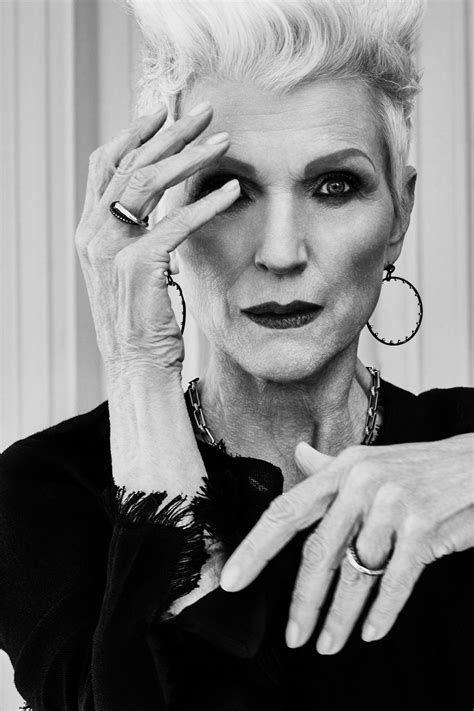
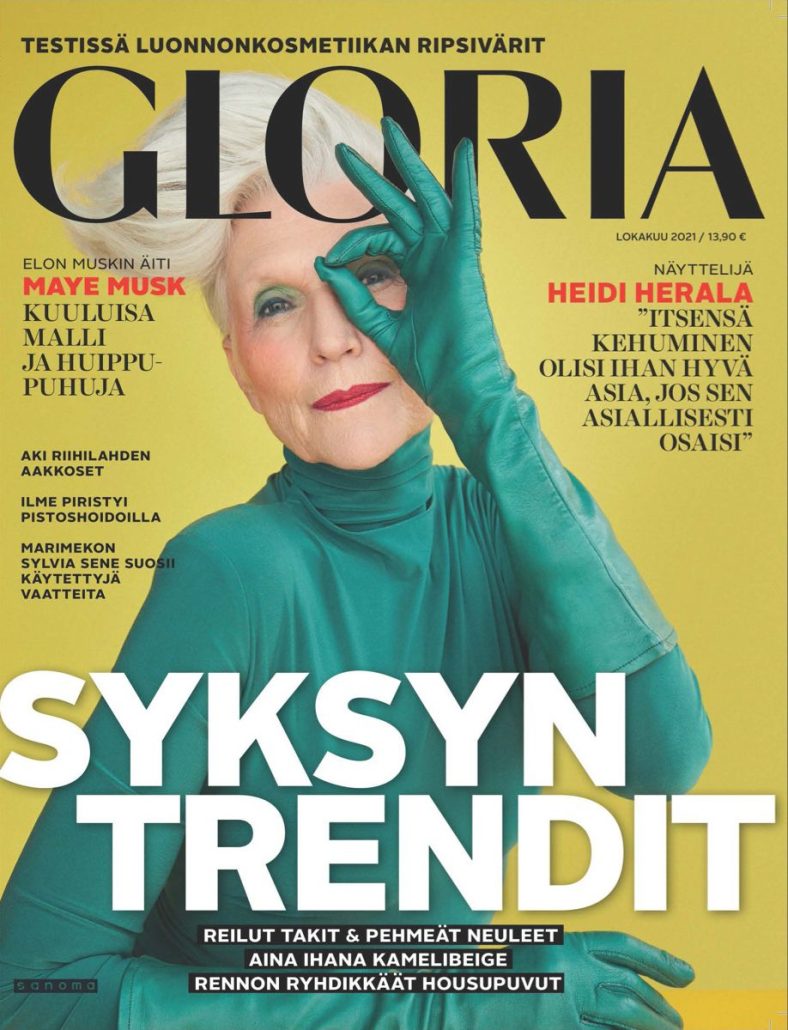
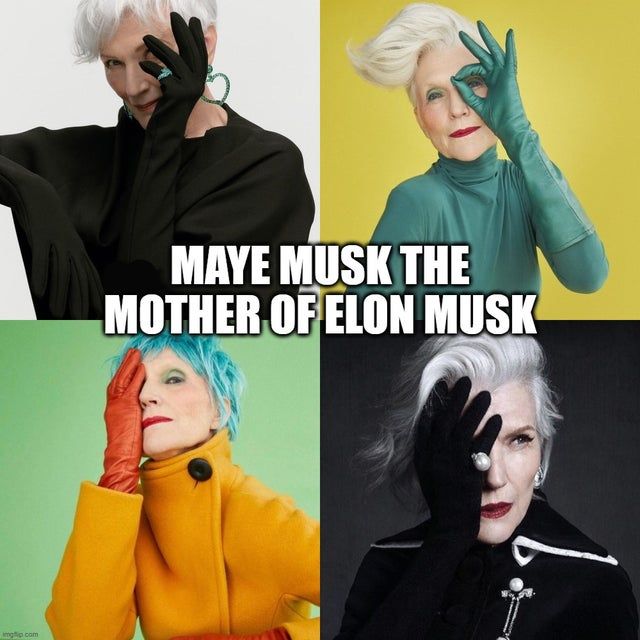
…This is normal
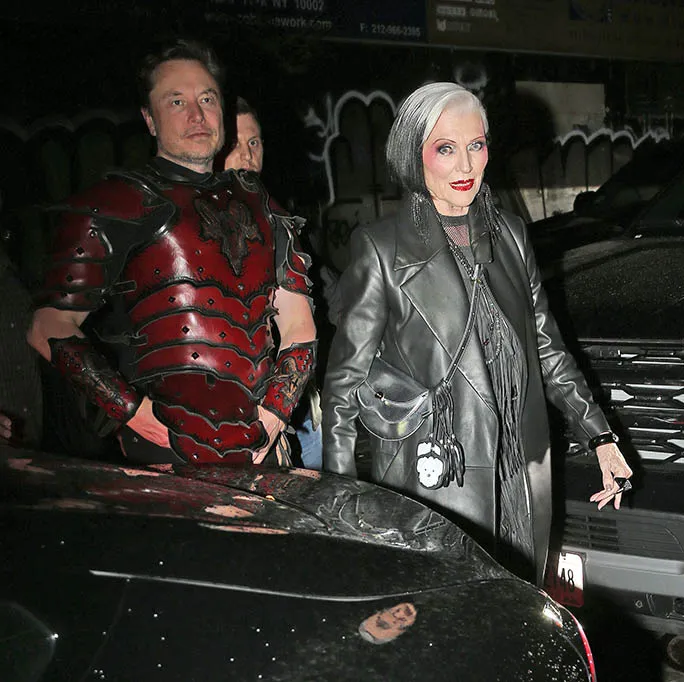
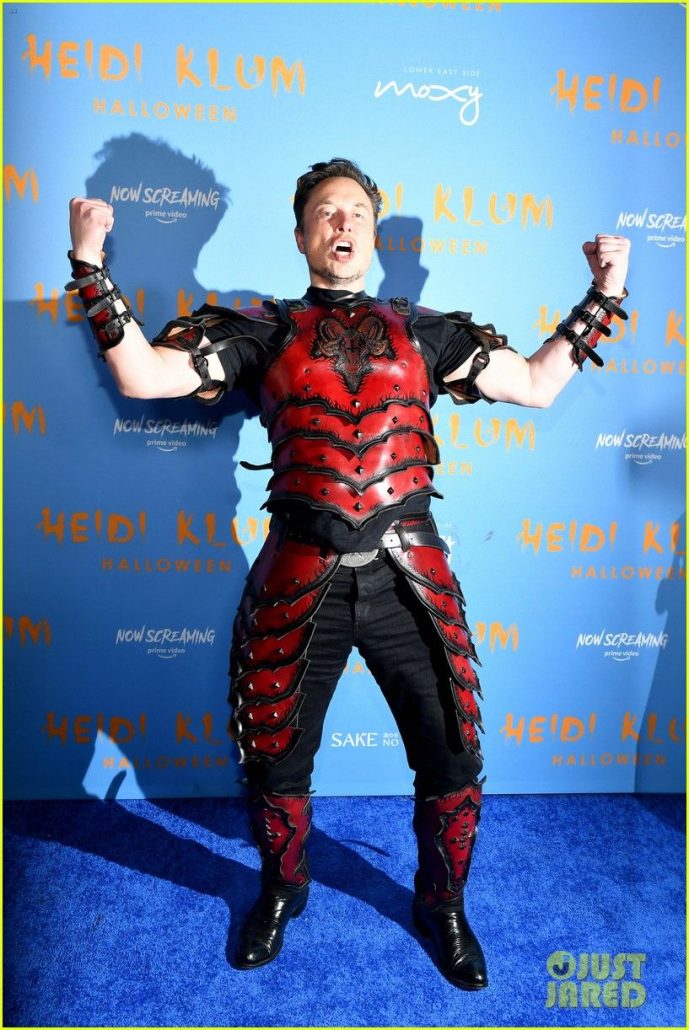
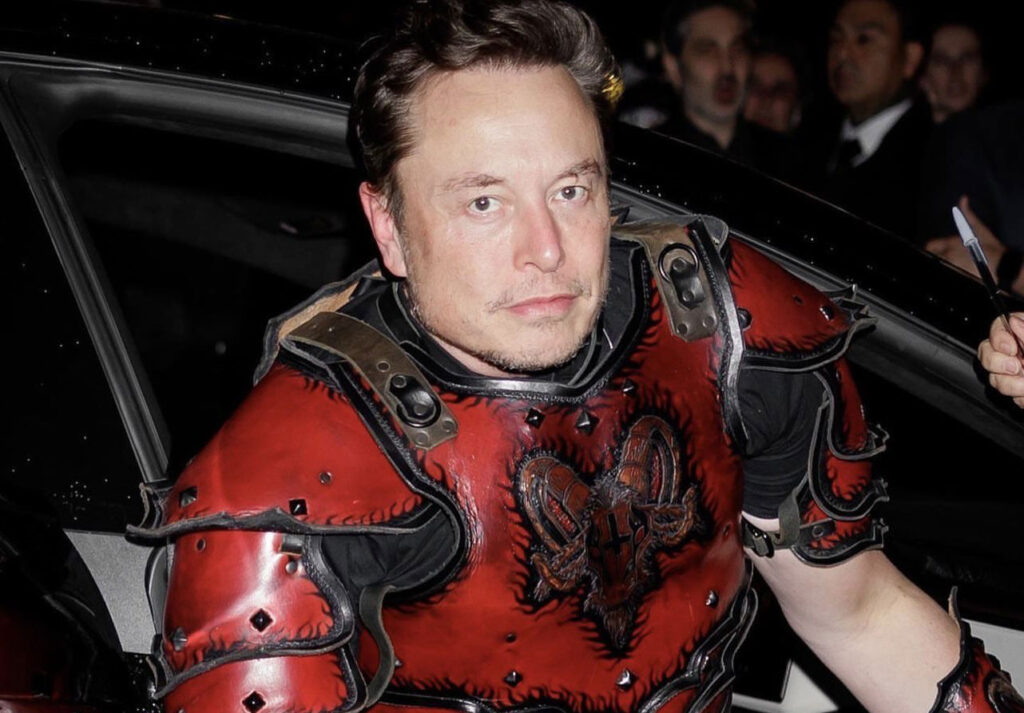
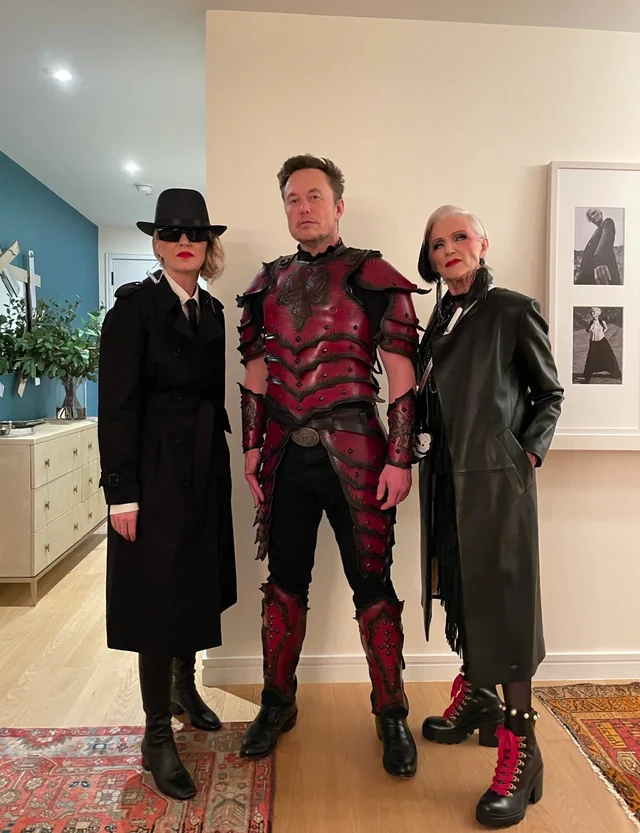
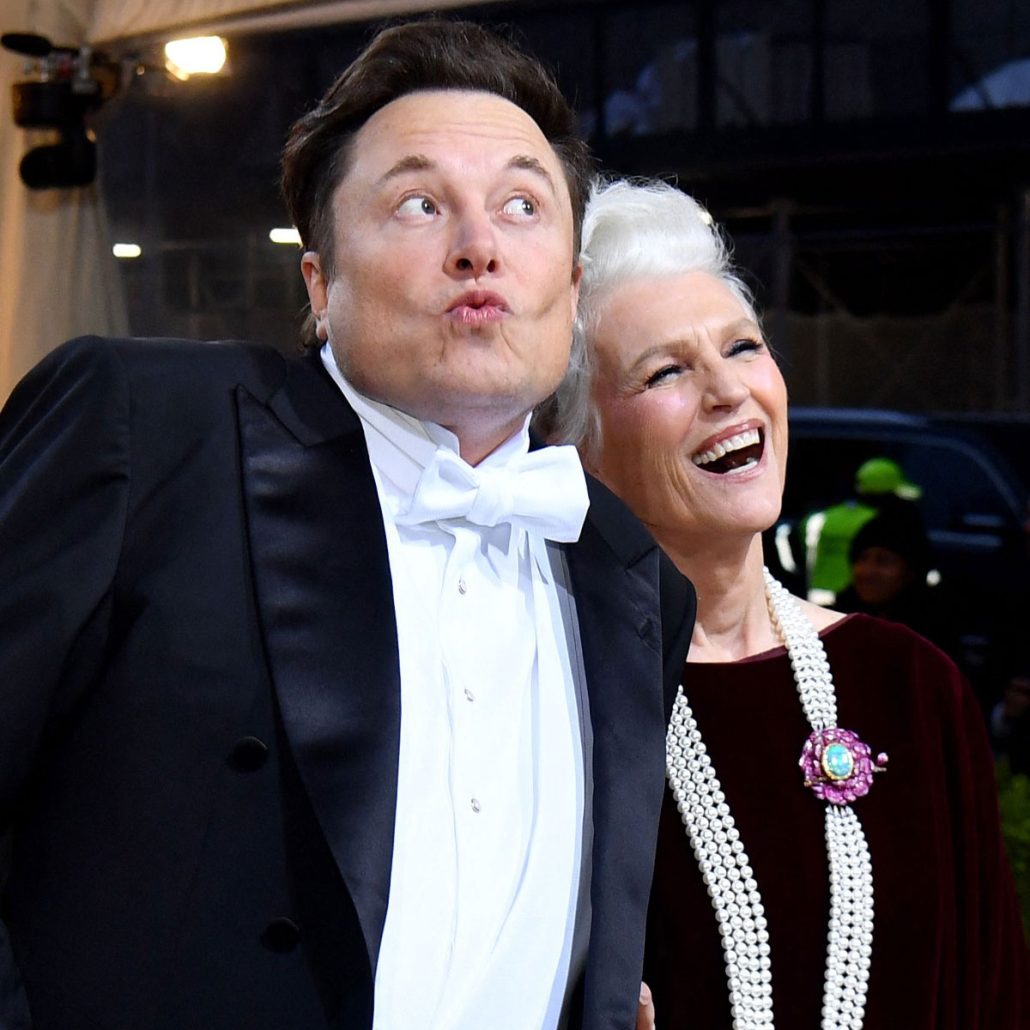
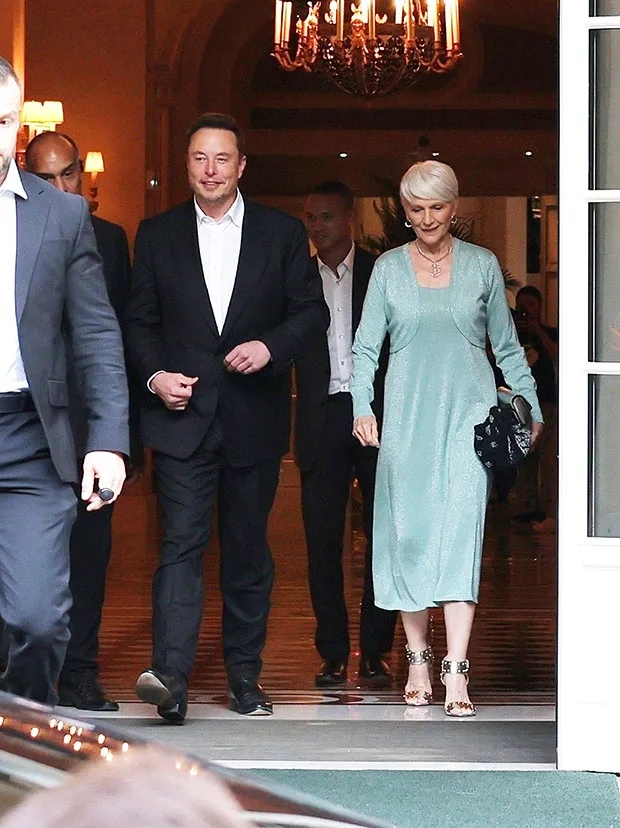
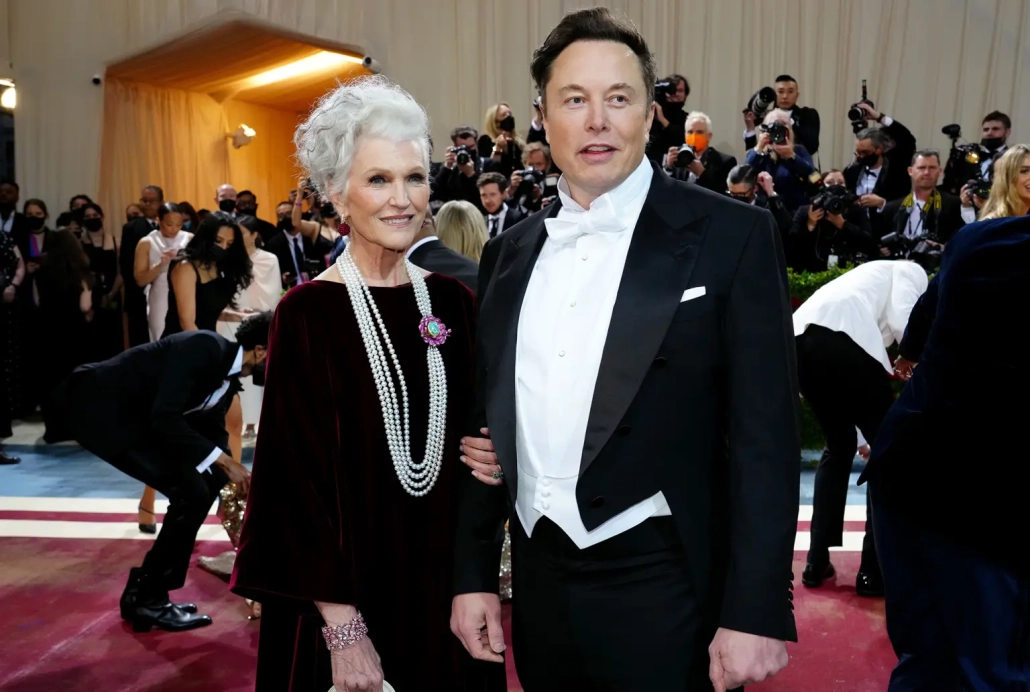
Where does Elon land on the “Spectrum”? because his handler (allegedly)/mother seems to be at every single party/event he attends.
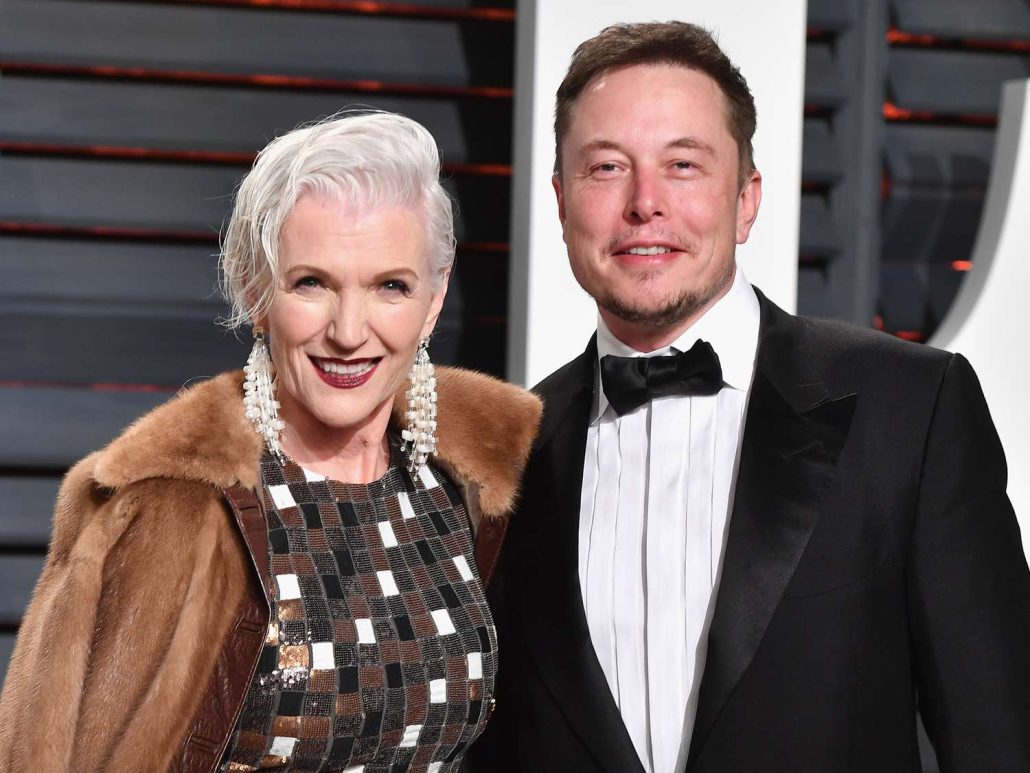
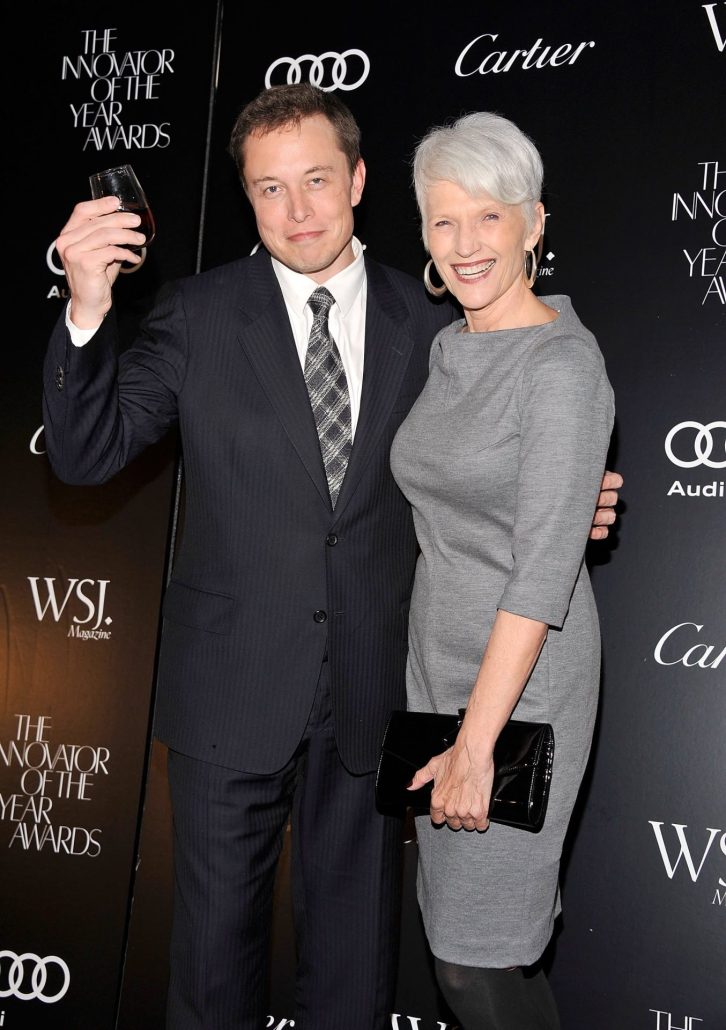
Elon Musk Is a Former Klaus Schwab World Economic Forum Young Global Leader and share the same beliefs.
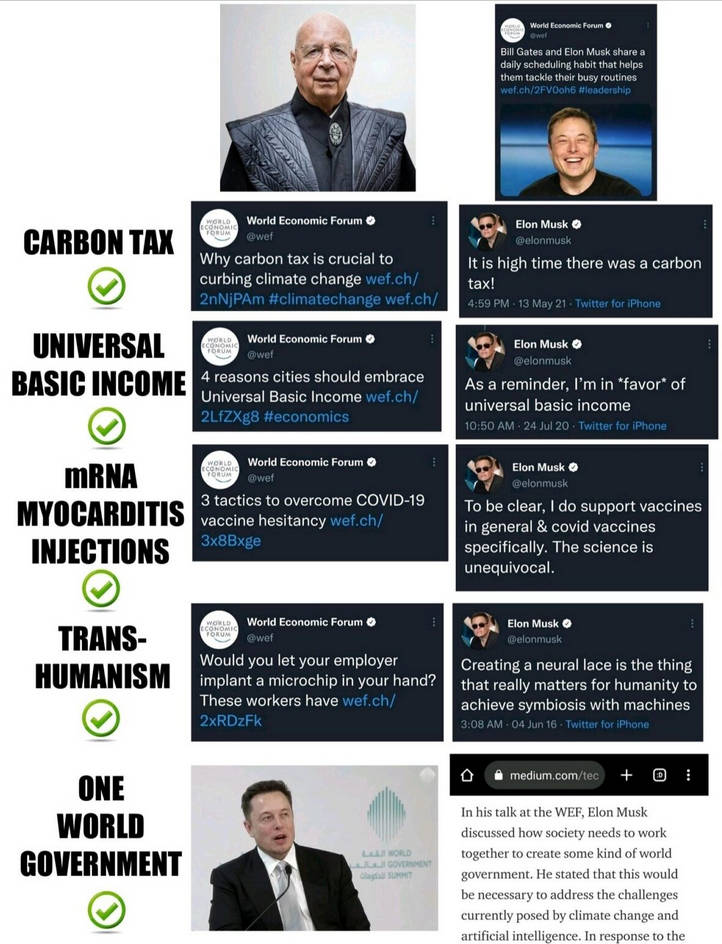
Elon Musk’s empire was financed with $38 billion in contracts and government aid
- Elon Musk’s Tesla and SpaceX have benefited from government contracts and regulatory credits. Still, he is charged with slashing government spending and jobs, recusing himself when a conflict of interest is present. A reported $465 million loan from the Energy Department to Tesla—that Musk personally fought for—helped him navigate the company through difficult days.
President Donald Trump entrusted the richest man in the world to cut costs for the federal government after he backed him throughout the election. The online tracker for the Department of Government Efficiency (DOGE) claims its “total estimated savings are $65 billion, which is a combination of fraud detection/deletion, contract/lease cancellations, contract/lease renegotiations, asset sales, grant cancellations, workforce reductions, programmatic changes, and regulatory savings.”
But DOGE’s Elon Musk runs a business empire of his own—one that reportedly collected $38 billion in government funding through a collection of government contracts, loans, subsidies, and tax credits that go as far back as 20 years, an analysis by the Washington Post revealed.
Almost two-thirds of the $38 billion in funds were promised to his businesses in the past five years, the Washington Post reported. Last year alone, $6.3 billion in federal and local funding was devoted to Musk’s companies—the largest amount committed thus far, the publication said.
Musk is worth $358 billion. He owns and runs several companies such as electric-car maker Tesla; rocket maker SpaceX; social media platform X (which was once Twitter); artificial intelligence company xAI; brain computer interface company Neuralink; and tunneling service the Boring Company. On top of that, he is a special government employee and senior advisor to the president.
Government contracts to Musk’s SpaceX from NASA and the Department of Defense make up most of the funds, while Tesla has collected $11.4 billion in regulatory credits, per the Washington Post. Interestingly enough, DOGE, the non-Cabinet cost-cutting body of Musk’s, has looked to slash staff, budgets, and contracts at each of the seven agencies his companies have contracts with. Still, it is Musk who will decide when there is a conflict of interest and when he should remove himself. White House press secretary Karoline Leavitt earlier said the President claimed that “if Elon Musk comes across a conflict of interest with the contracts and the funding that DOGE is overseeing, then Elon will excuse himself from those contracts.”
The total amount of funding for his businesses could be higher, since the outlet only looked at publicly available contracts; defense and intelligence matters were not included. Not to mention, the reporting found other grants and tax credits where the exact amount was omitted. Plus, 52 contracts with seven government agencies from NASA to the Department of Defense are on the hook to potentially pay his companies another $11.8 billion in the next few years, according to the Washington Post.
Contracts from NASA and the Department of Defense helped build SpaceX’s infrastructure, the outlet reported—a NASA spokesperson told the publication that it has invested $15 billion in SpaceX. A $465 million loan from the Energy Department helped Tesla scale to what it is today. “Tesla would not have survived without the loan,” a former Tesla employee familiar with the company’s finances told the Washington Post. “It was a critical loan at a critical time.” Musk was personally involved in securing the loan, two people familiar told the publication; he held daily meetings with Tesla executives to discuss the necessary paperwork and spent hours with a government loan officer. When the loan went through, it was discovered that Tesla was missing a certification to actually qualify, so Musk, around Christmastime, went directly to the corresponding administrator to make it happen.
Tesla and SpaceX did not respond to Fortune’s request for comment.
Principal deputy press secretary Harrison Fields said in an email: “President Trump and his entire administration is committed to executing a head to toe assessment of every contract the American people are funding with their taxpayer dollars. Any contracts connected to Elon Musk’s very successful companies will comply with every government ethics rule as it pertains to potential conflicts of interests. The Trump administration will not play favorites in its mission to cut waste, fraud, and abuse.”
